
Jeddah conference adopts actionable global commitments to combat antimicrobial resistance

- Europe and Arabs
- Sunday , 17 November 2024 8:31 AM GMT
Jeddah: Europe and the Arabs
In Saudi Arabia, the fourth high-level ministerial conference on antimicrobial resistance concluded yesterday, Saturday, with the adoption of the “Jeddah Commitments,” which set out practical and actionable steps that stakeholders can take across sectors to combat this global scourge. According to the UN daily news bulletin
Following the adoption of the commitments in the Saudi coastal city, the host country’s Minister of Health, Fahad Al-Jalajel, said that the conference’s final document provides “essential building blocks” for member states and international bodies to take significant action against antimicrobial resistance, and builds on the political declaration on antimicrobial resistance adopted by the UN General Assembly in September in New York.
The commitments highlight the role of the Quad Joint Secretariat on Antimicrobial Resistance, which consists of the Food and Agriculture Organization of the United Nations (FAO), the United Nations Environment Programme (UNEP), the World Health Organization (WHO), and the World Organisation for Animal Health (OIE). They also called for the establishment of a new “Biotechnology Bridge” aimed at promoting research, development and innovation to find solutions to the global threat.
Minister Al-Jalajel also announced the establishment of a One Health Learning Centre – the health of people, animals and the planet – on antimicrobial resistance, and a regional hub for antimicrobial access and logistics in Saudi Arabia to promote global collaboration and improve access to essential antimicrobials and diagnostics.
Welcoming the adoption of the Jeddah Commitments, Jacqueline Alvarez, Chief of Chemicals and Health at UNEP, said the outcome document was an example of successful multilateralism and “the benefits of working together across sectors.”
“The Jeddah Commitments bring everyone who has a role together to act,” she added.
Ms Alvarez said the document recognizes that countries have different capacities to address antimicrobial resistance, and specifically refers to developing countries and how they can participate.
“We cannot leave anyone behind – that means we must ensure that everyone can grow together and not widen the gap between countries,” she told UN News.
The UNEP official stressed the need to increase funding, “not just in the traditional way, but also by creating opportunities to develop more research, and to create green and sustainable solutions, that will allow everyone to feel that they have opportunities while protecting themselves.”
She said the Jeddah conference and the high-level General Assembly meeting in September focused on the social and economic dimensions of the problem of antimicrobial resistance, “which have not yet been comprehensively discussed.”
Stakeholders at the conference were quick to build on the global political momentum and rally behind the fight against antimicrobial resistance. As the conference drew to a close, they met in parallel at the Ritz Carlton Hotel in Jeddah for the second General Assembly of the Multi-Stakeholder Partnership Platform to Combat Antimicrobial Resistance, to chart a way forward and turn new commitments into action.
The platform is one of three governance structures established by the Joint Secretariat of the Quad on Antimicrobial Resistance and hosted by FAO, bringing together 250 members “from the grassroots to the global level.”
To further understand its purpose, the UN News team spoke to the Platform’s coordinator, Nelia Motriuk, who explained that antimicrobial resistance had previously been seen as a technical issue to be discussed by doctors and veterinarians, but “everything changed” with the first General Assembly high-level meeting on the global threat in 2016.
“A high-level meeting at the General Assembly can really help build momentum and highlight a development issue,” she added.
The Platform is a unique “multi-sectoral, multi-disciplinary, multi-level, multi-dimensional mechanism that doesn’t just talk, it does” work across the One Health spectrum, Ms. Motriuk said, aiming to “break down silos and build bridges and create an incubator for all actors, dimensions and processes working together.”
This is done through 13 working groups that focus on global, regional, sectoral and even thematic actions and recommendations.
“What distinguishes these working groups is the bottom-up approach where a multi-stakeholder community pools their knowledge, assesses their needs, and then tells us what priorities need to be addressed,” said Ms. Motriuk.
Junxia Song, FAO’s technical officer on antimicrobial resistance, told UN News that most of the recommendations made by one of these working groups were incorporated into the recent General Assembly political declaration.
Ms. Song said participants in today’s discussions focused on how to implement the Jeddah commitments and the political declaration through “very interactive discussions” and sought concrete solutions and actions at all levels to do so.
The increased attention to antimicrobial resistance comes ahead of a week dedicated to raising awareness of this urgent global health, social, economic and environmental crisis, with World Antimicrobial Resistance Awareness Week set to begin on Monday, 18 November, under the theme: “Educate. Advocate. Act Now.”


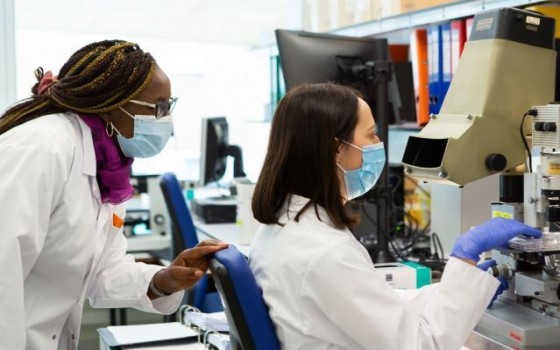
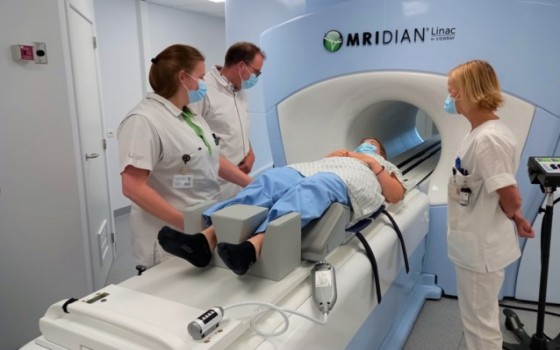
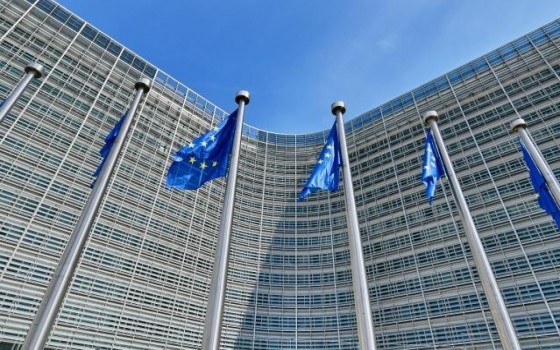
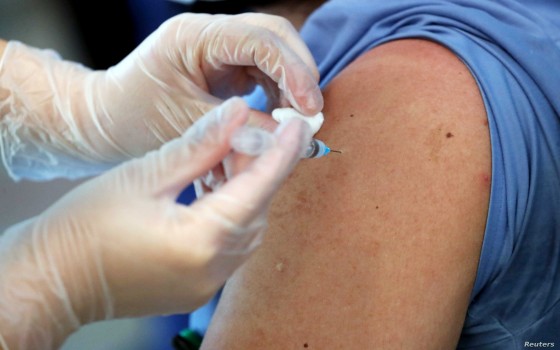
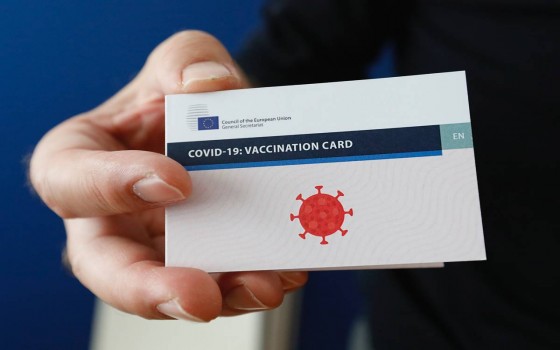


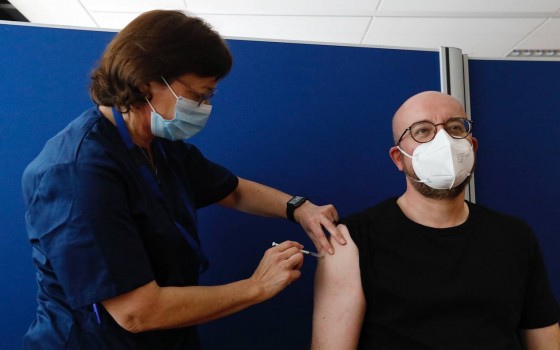


No Comments Found